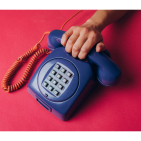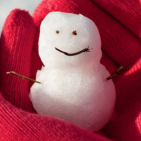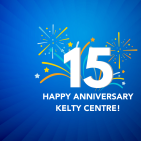A Journey from Workplace to Planetary Mindfulness
Years ago, I read The Power of Now by Eckhart Tolle.1 His message was simple yet profound. To dwell on the past will lead to depression. Therefore, don't dwell on the past, but learn from the past. And, don't worry about the future. This will cause you anxiety. Don't worry about the future, but plan for the future. Live in the present.
At the time, I didn’t know that this was mindfulness but I took it to heart and I think it has been good for me.
Mindfulness has led me to understand that anger is my default response to “stress”. Stress for me is situational and not personal. I have sat at many committee tables and been frustrated at the lack of vision, focus and action. My response has been to speak up. Sometimes, perhaps often, I have been the only person to speak up and ask for action. To me, that is what the Committee is for – to get things done.
Anger is not depression. Anger is not anxiety. Neither of those lead to action. The good thing about anger is that it leads to action. The bad thing about anger is that it is a bit like a fire.2 The recipient may get burned and be scarred. This can interfere with future, meaningful engagement. While I have learned this, I still react the way I react. Mindfulness training has helped.
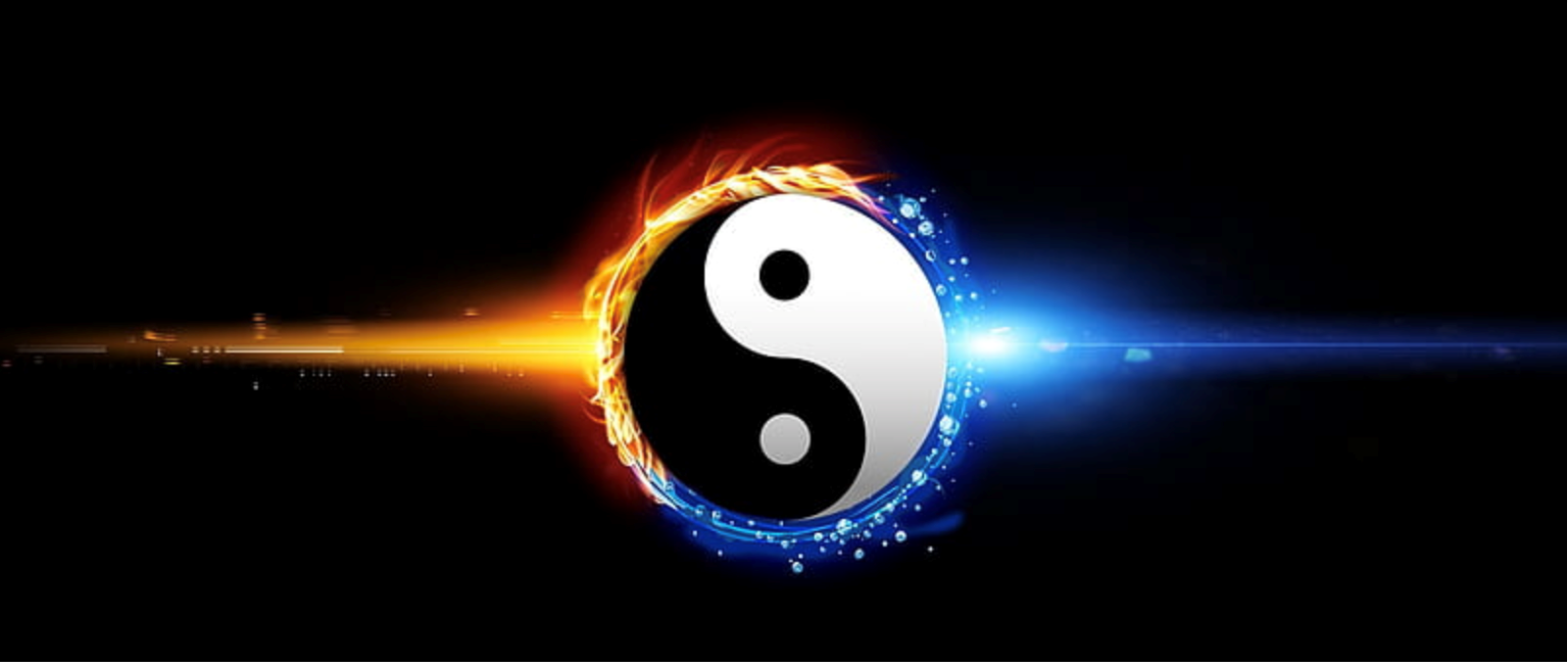
https://www.peakpx.com/en/hd-wallpaper-desktop-aghpn
Still as one of my mentors said: “What good is mindfulness if we can’t take it into the places where we live, work and bleed?”3
That’s correct. He said “bleed”. I am a surgeon and surgeons are used to making decisions and acting on them – often immediately. Sometimes people’s lives hang in the balance. We are not overly contemplative people. Surgeons plan well ahead of time so that they can act when needed in the moment, when it matters. When I apply my surgical, pattern-recognition skills to other areas of health care, I get impatient and frustrated, not just because others cannot see the patterns that I see but because I sense a lack of engagement and a lack of action. For me problems require solutions.
The quote at the end of my e-mail signature is from Candis Callison, the Canada Research Chair in Indigenous journalism, media, and public discourse, and an Associate Professor in the School of Journalism, Writing, and Media, and in the Institute for Critical Indigenous Studies at UBC.
“The term engagement implies both a desire to find out more about an issue and an ethical obligation to act.”
It is from her 2009 book How Climate Change Comes to Matter.4
I relate to this quote which links engagement to an ethical obligation to act. Actions should be pro-social. Actions should lead to a decrease in environmental stress – specifically at the Hospital for workplace related decisions. Actions should support patient care. Actions should support professional practice. Actions should support well-being. Sounds a bit like the IHI triple/quadruple/quintuple aim.5
I read a lot: popular psychology, neuropsychology, social psychology, indigenous literature, mindfulness, EDI, climate change, the climate crisis, environmental and social justice. I would be happy to share my reading list.
I have filled in three of my four blank cards in my mindfulness card deck:
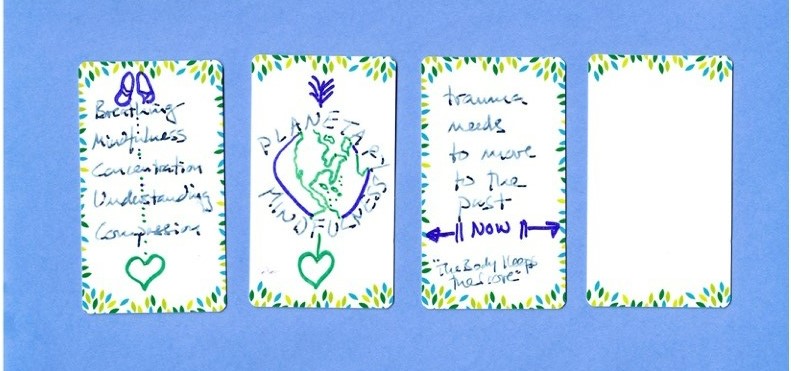
My personal philosophy about people is that everyone is of value and everyone needs support. This requires that I am mindful of everyone to understand their needs for support value and the value that they bring. Perhaps this will be my fourth card.
I also think that certain obligations come with roles. A lot of thought and effort has been put into defining the responsibilities of individual roles: in Divisions, Departments, Programs and Committees in health care. We need to pay attention to this structure and the way that it should function and how it should be used to communicate and make decisions.7 Individuals who take on roles and responsibilities within this structure are expected to fulfill their responsibilities. They need to be valued and supported as individuals and in their role.
I do not believe in hierarchy. I believe in holarchy - to me everyone is equal. The organizational chart is the communications map. It is not the decision-making map. Decisions should be by consensus and involve everyone with an interest in the outcome. Consensus requires communication. Consensus does not mean everyone agrees. A consensus decision is the best decision at the time and can be revisited.
In the end, what we do (health care) is about the practical application of knowledge and skill to a particular patient in a specific situation, defined by their diagnosis and prognosis. We can take a similar, mindful approach to the structure and function of the parts of our health care system. Structure goes with function. We have a structure. We need to help it function. This can be done with communication and engagement.
There is no point in having an approach if you don’t care. Having an “ethical obligation” implies some moral obligation. The things you strive for, for yourself and others, must be honest, moral and just, and have meaning.8 We are required to put aside our personal, selfish motives and look at the world from behind John Rawls’ “veil of ignorance”. We need to follow his “contract doctrine”, the unwritten rules that allow individuals to live in harmony in their community. We need to observe the “difference principle” that allows variation in individual achievement but precludes the use of force, fraud and exploitation.9
Mindfulness can help us extend our vision and also see what is really going on with our planet.
As we meditate and focus on our breathing we can consider the pollution in our air – the number one cause of death world-wide.10 We can be grateful that we have clean water and reflect on the multiple “boil-water” advisories across the country.11 We can look out at the green hills and snow-capped mountains, relatively free of plastic trash. We can consider the changes in the intensity of our climate: heat domes, drought, atmospheric rivers, thunder snow and the devastation to the diversity of life.12,13,14,15,16
Just as we can use mindfulness to form a positive guide to our workplace, we can expand our concept of mindfulness to include the planet. We need planetary mindfulness. Make your lens of mindfulness a “green” lens. Integrate indigenous teachings with science to weave an understanding of how your actions reflect the ways you value and support the planet.17
My philosophy about the planet is to try and minimize my impact and do things to help. I try and bring actions that value and support the planet to my own activities. I walk. I ride my bike. I take transit. I buy locally grown organic food. I pick up “karma bags” in the woods when I am out with my own dog. I need to figure out how to switch from my “un-natural gas” stove, furnace and hot water heater. (My new project for 2023).
I have also been supported. I found my “people” in early 2021. I joined Doctors for Planetary Health – West Coast.18 This group of colleagues, mainly but not exclusively physicians, forms a support network. We meet on Zoom. We go to rallies in our white coats, with our banners and flag. We lend our social “status” and “credibility” to other groups of activists protesting for political, social and environmental change. We meet with and lobby individuals in government. We teach and we encourage action.
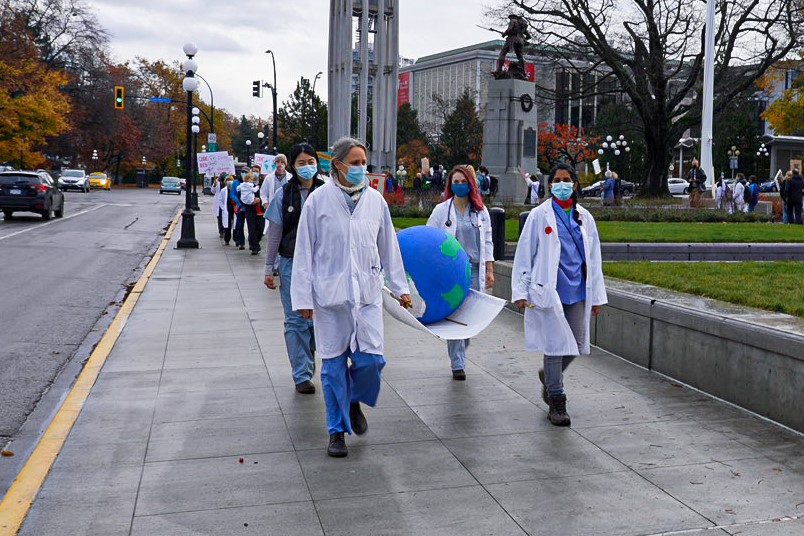
Doctors for Planetary Health Rally, Victoria BC, 4 November 2021, asking the Provincial Government to declare a “Code Red” for British Columbia.19
Do not fall into depression. Do not become anxious. Practice self-compassion and live in the present. Extend your compassion to the planet, through your actions. It could use quite a bit right now.
References
1. The Power of Now: A guide to spiritual enlightenment. Ekhart Tolle 1997, New World Library.
2. Anger: Buddhist wisdom for cooling the flames. Thich Nhat Hanh 2001, Riverhead Books.
3. David Frank Gomez. Personal communication (https://www.davidfrankgomes.com)
4. How Climate Change Comes to Matter: the communal life of facts. Candis Callison 2014, Duke University Press.
5. Institute for Healthcare Improvement. IHI Triple Aim Initiative 2012. (https://www.ihi.org/Engage/Initiatives/TripleAim/Pages/default.aspx)
6. The Body Keeps the Score: brain, mind and body in the healing of trauma. Bessel van der Kolk 2015. Penguin Publishing Group.
7. PHSA Medical Staff By-laws & Rules (http://www.phsa.ca/medical-staff/appointments-compensation/bylaws-rules-policies)
8. Drive: the surprising truth about what motivates us. Dan Pink 2009, Riverhead Books.
9. A Theory of Justice. John Rawls 1971. Belknap Press.
10. Air Pollution. WHO (https://www.who.int/health-topics/air-pollution#tab=tab_1)
11. Daily updated boil water advisories. Water Today. (https://www.watertoday.ca/map-graphic.asp)
12. Bartusek S, Kornhuber K, Ting M. 2021 North American heatwave amplified amplified by climate change non-linear actions. Nature Climate Change. 12, 1143-1150; 2022. (https://www.nature.com/articles/s41558-022-01520-4)
13. Video shows hundreds of thousands of dead fish in BC creek beds. Amy Judd, Global News. 6 October 2022. (https://globalnews.ca/news/9182550/thousands-fish-dead-video-bc-river/)
14. City of Abbotsford: atmospheric river impacts and recovery. Emergency Management BC, November 2022. (https://www2.gov.bc.ca/assets/gov/public-safety-and-emergency-services/emergency-preparedness-response-recovery/embc/reports/abbotsford-community_summary.pdf)
15. “A pretty unique event”: Vancouver hit with unusual ‘thunder snow’ event. Brendan Kergin, 18 December 2022. (https://www.vancouverisawesome.com/local-news/a-pretty-unique-event-vancouver-hit-with-unusual-thunder-snow-event-6266643)
16. Taking Nature’s Pulse: the status of biodiversity in British Columbia. Biodiversity BC, 2010. (http://www.biodiversitybc.org/EN/main/where/132.html)
17. Braiding Sweetgrass: Indigenous wisdom, scientific knowledge and the teachings of plants. Robin Wall Kimmerer 2013. Milkweed Editions.
18. Doctors for Planetary Health – West Coast (https://www.doctorsforplanetaryhealth.com)
19. Doctors for Planetary Health Code Red for British Columbia. 2022 A time to declare a climate and ecological emergency and make peace with nature. (https://drive.google.com/file/d/192GqDu7lZ7rOtqSWBqe2ygKlSEDz7fmU/view)

